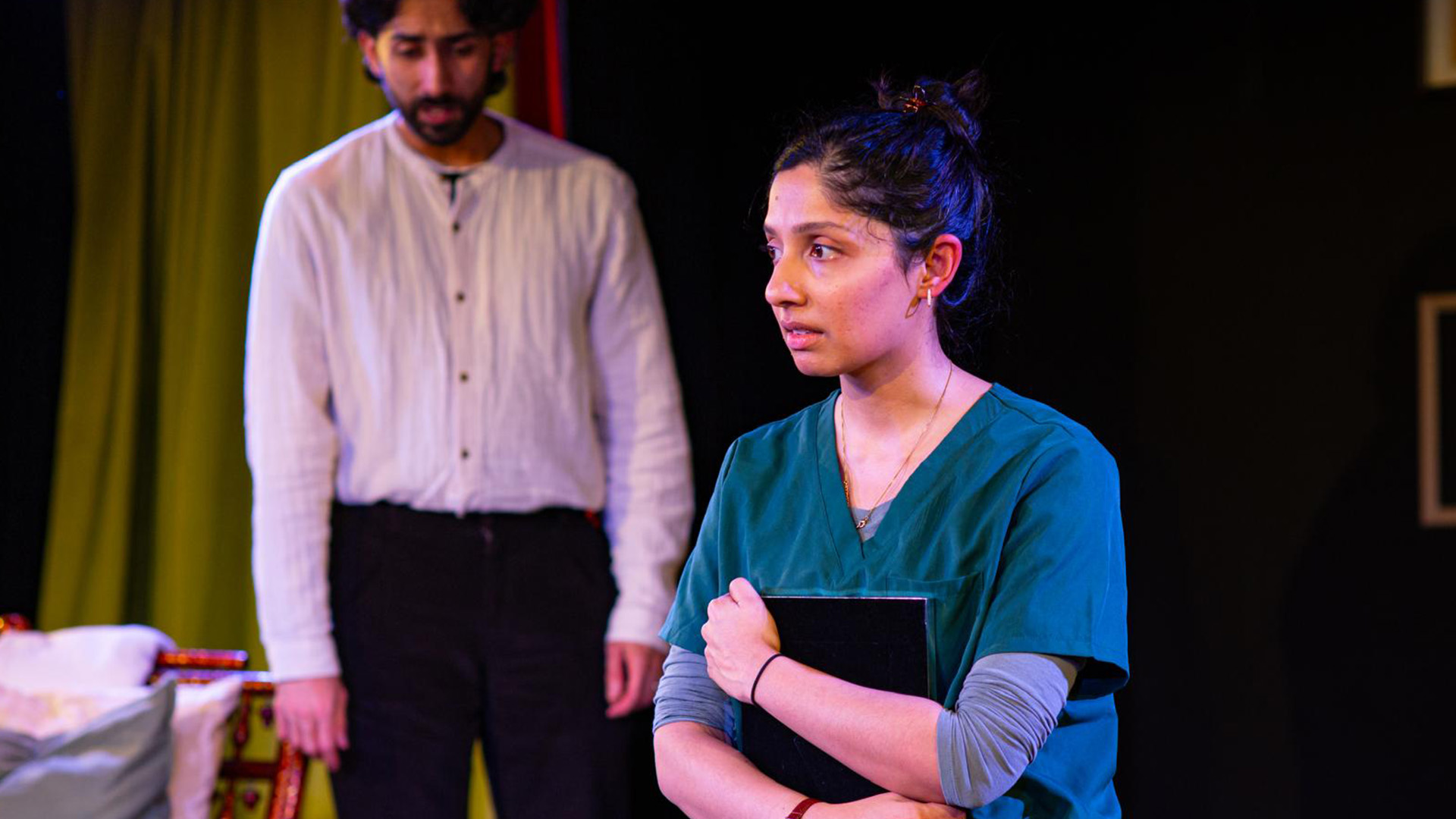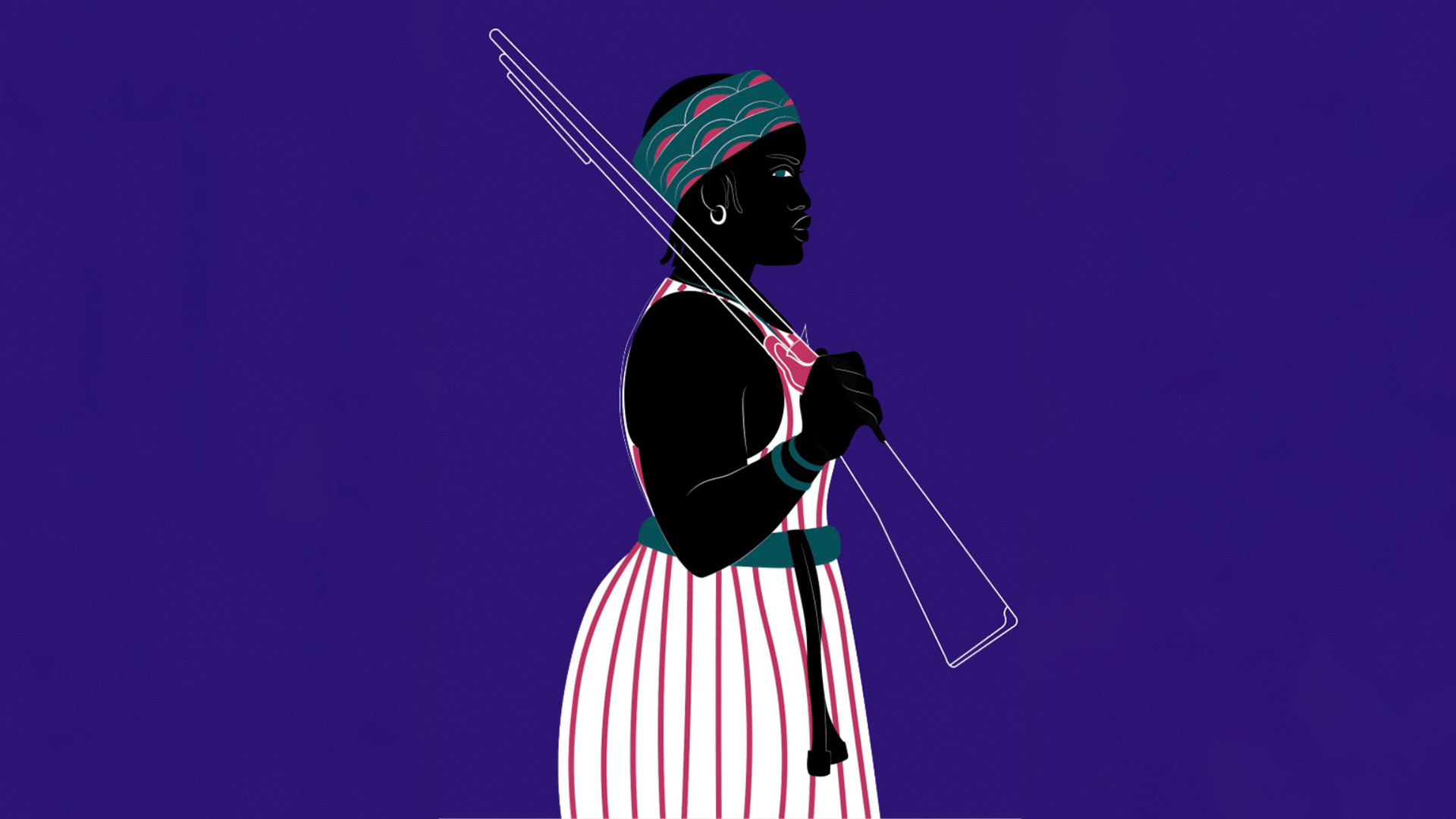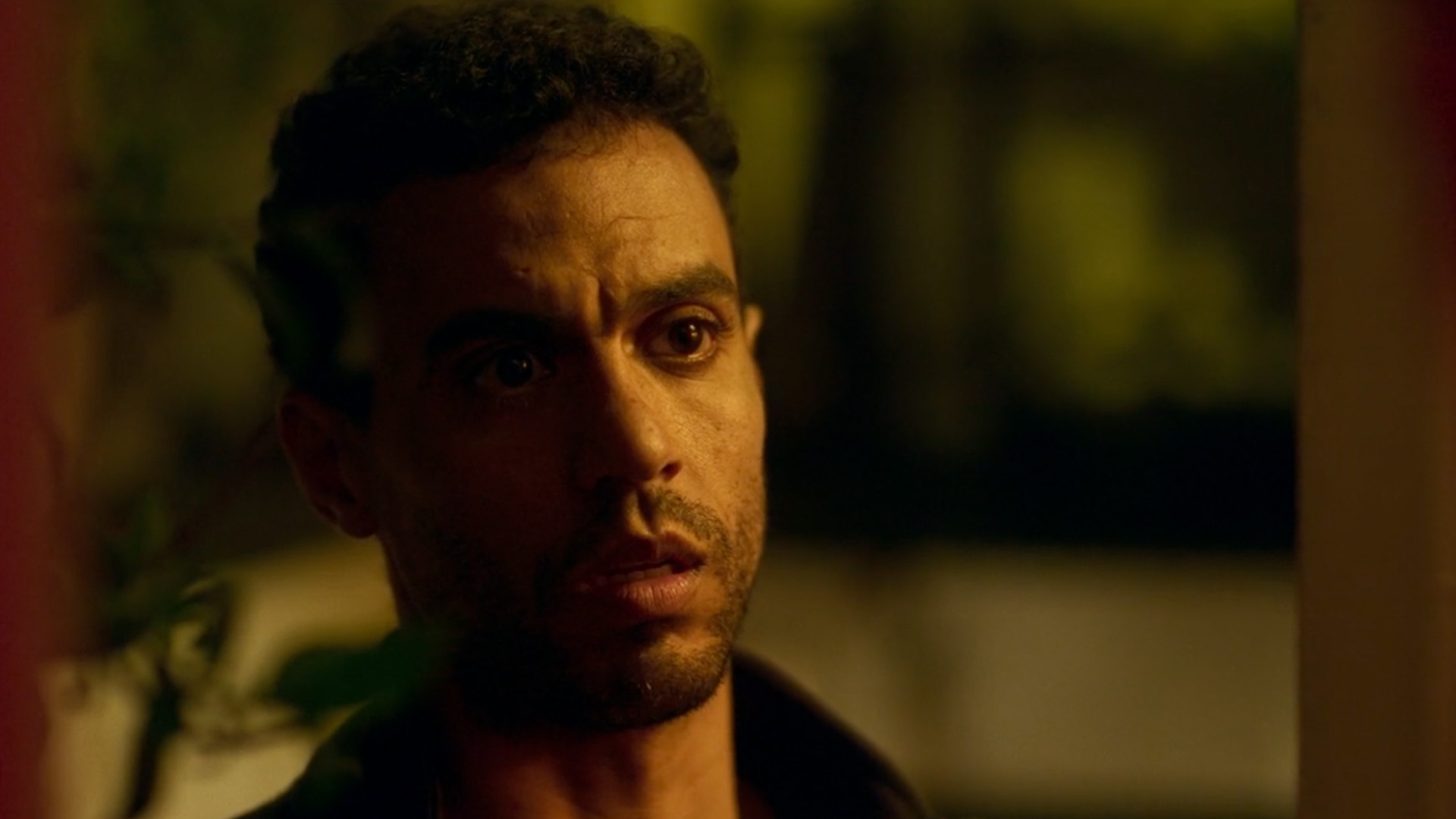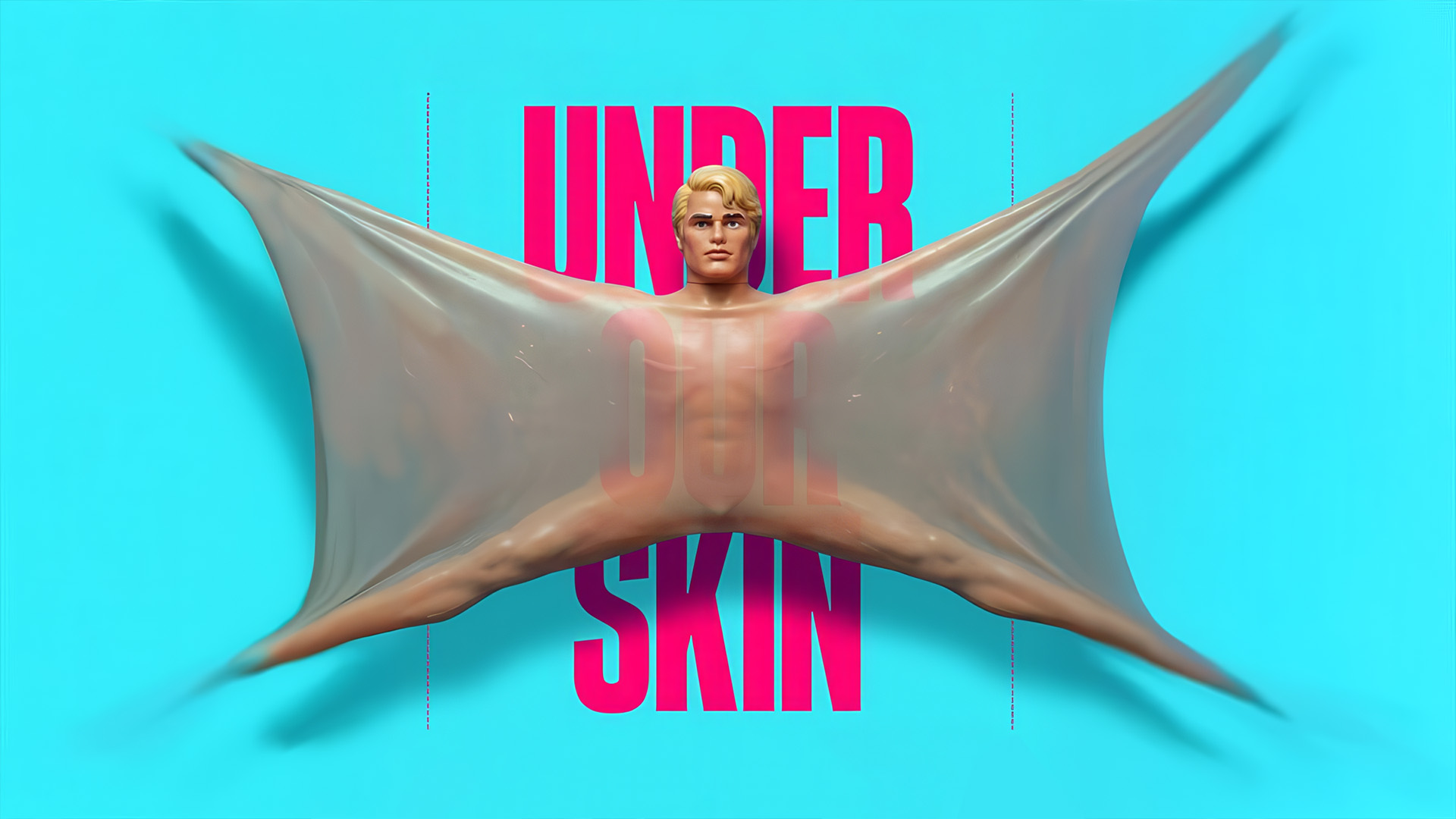What Happens When You Stop Going Out to Queer Clubs?
The silence that follows the music, and who’s still around when it ends.
What Happens When You Stop Going Out to Queer Clubs?

Let’s start with a moment.
It’s 1:47 a.m. on a Saturday and I’m not at the club. No vodka sodas, no toilet queue confessions, no three second kisses I’ll forget by morning. Just me, sober, scrolling through stories of boys still out there doing the damn thing. Glitter sweat, red strobes, hands up. And this wave of something I can’t name crashes over me. Loneliness? Relief? Both?
Why I Stopped Going Out
I stopped going out two years ago. Not in a dramatic “I’m too old for this” way, but in that slow burn, creeping realisation kind of way. When the high stopped hitting. When dancing started to feel like pretending. When every night out ended with me back in my flat, floor spinning, soul empty, wondering if this was it. If this was all queer clubbing had to offer once the music stopped.
Clubbing, for so many of us, is more than fun. It’s survival. A sanctuary. A scream. A celebration. A way of saying I exist in a world that often wishes we didn’t. But what happens when we stop showing up to those spaces? When the party ends, and we don’t start it again?
Loneliness in LGBTQ+ Spaces
I asked a few friends. One said, “I felt like I was grieving.” Another admitted, “I didn’t know who I was without nightlife. It was my personality.” And someone else, older, wiser maybe, said, “Stopping going out forced me to ask what I actually wanted. And the silence was deafening.”
The silence. That’s the thing. It’s easy to confuse noise with connection. But the quiet, that’s where the truth lives. That’s where the questions bubble up:
Who am I without the party?
Which friendships survive when we’re not high or half naked at 3 a.m.?
What’s left when the glitter fades?
The Mental Health Side of Queer Nightlife
Behind the party, here’s what’s really going on.
A 2022 study from LGBTQ+ charity Just Like Us found that 55% of queer young adults feel lonely “very” or “fairly” often, far higher than their straight peers. Queer nightlife gives us temporary relief from that. A pulse to plug into. A ritual of presence. But it doesn’t replace real connection. Not really.
There’s also the culture of escapism, addiction, binge drinking, the blur of it all. A Stonewall report from 2020 found that gay and bi men are twice as likely as straight men to binge drink. That didn’t surprise me. It just made me think how few of us ever learn how to just be: in silence, in discomfort, in reality.
Friendships After the Club
When I stopped, I noticed who stopped calling. Who only knew me with a drink in hand. Who disappeared when I no longer fit the narrative. There’s a harsh truth here: some friendships are built in the dark, but can’t survive the daylight.
But I also found something else. Stillness. Early mornings. A kind of raw, unfiltered connection I’d never experienced in the club. I started writing again. Volunteering. Walking. Talking to people without shouting over a remix of Beyoncé. It felt terrifying at first. But slowly, quietly, it started to feel like coming home.
Who Are You Without the Noise?
So, what happens when you stop going out?
You might feel lonely.
You might lose people.
You might question everything.
But you might also find yourself.
And maybe the bigger question isn’t what happens when you stop going out, but what happens if you never do?
Who might you become if the only place you’re ever seen is under strobe lights?
Who are you in the silence, and is that someone worth meeting?

Get weekly updates
.png)
Join Our Newsletter
Get a weekly selection of curated articles from our editorial team.




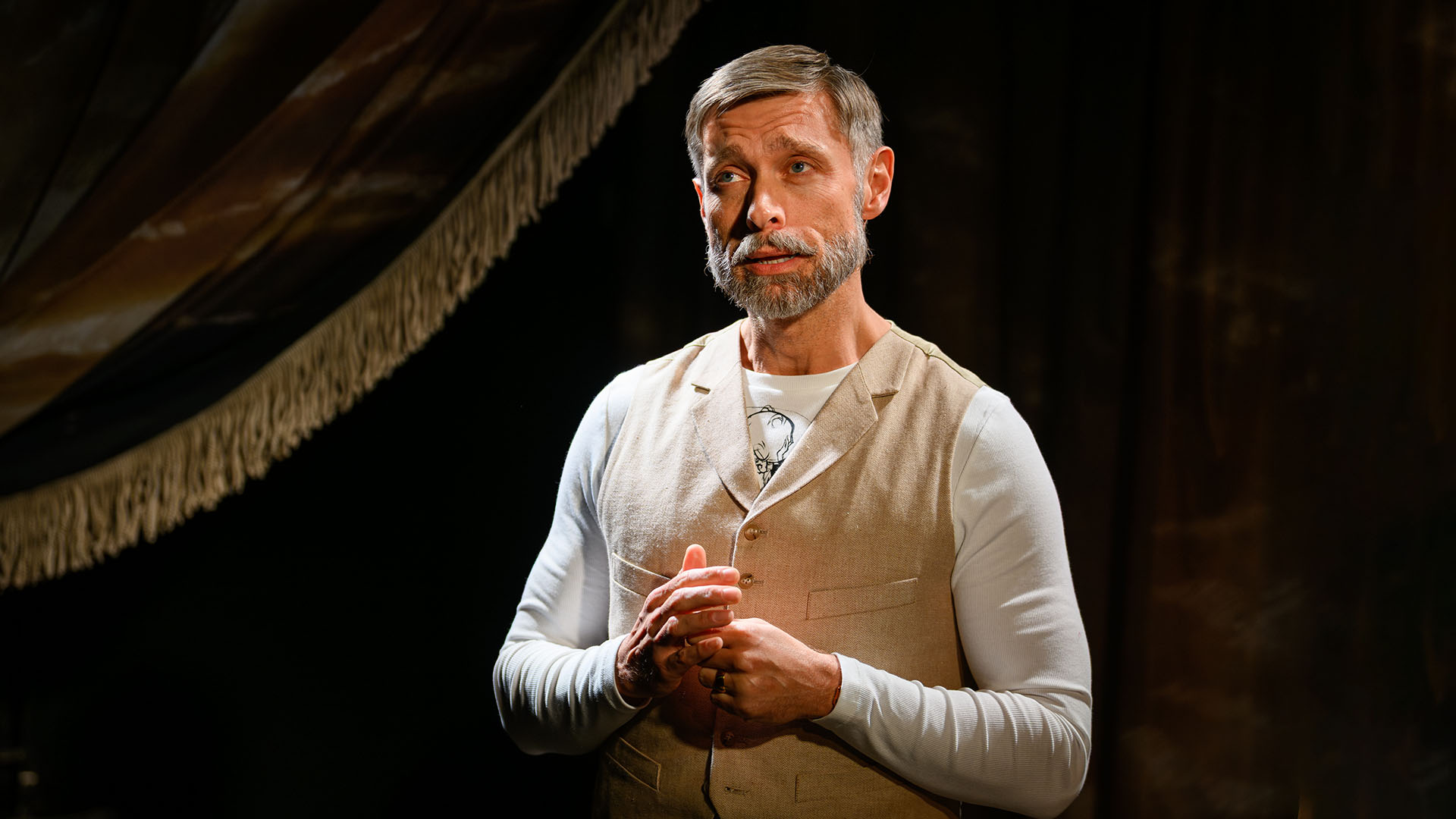
.svg)


